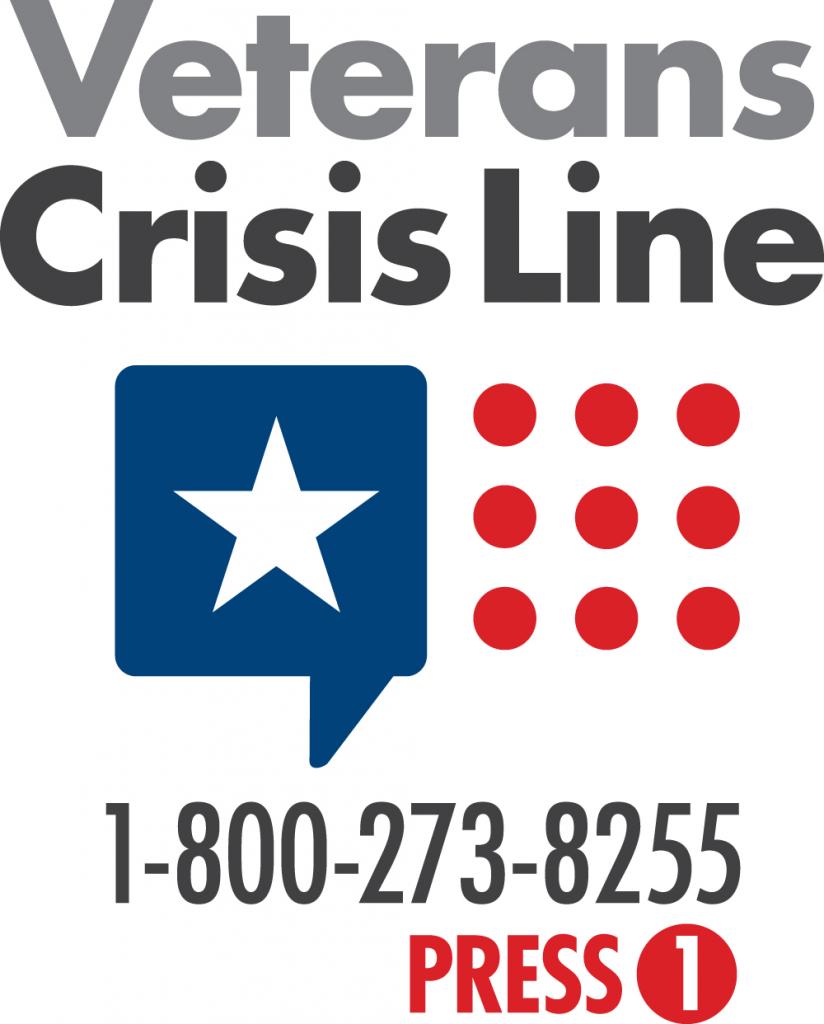
Post-traumatic stress disorder impacts 11-20 percent of Iraq and Afghanistan War veterans, approximately 12 percent of Gulf War veterans, and 15 percent of Vietnam veterans. In addition to the combat-related PTSD, roughly 1 in 4 women and 1 in 100 men utilizing the VA report instances of sexual assault, which can also result in prolonged traumatic stress.
How do you know if you or a loved one suffer from PTSD?
Symptoms:
Reliving the event – Awake or asleep, a trigger can cause painful memories to surface and make the sufferer feel as though they are experiencing the event all over again.
Avoidance – Veterans will often avoid situations that remind them of the event. For example, some veterans avoid crowded places or loud, overstimulating situations. Some veterans will even avoid talking about the incident that effects them.
Persistent negative emotions – Veterans experience PTSD can be overwhelmed by negative feelings. A veteran may also feel difficulty establishing trust, experience feelings of guilt, shame, remorse, disinterest in previously enjoyable activities, or genuinely find it hard to feel happy.
Hyper-vigilance or hyper-arousal – Veterans experiencing hyper-arousal will feel constantly on alert and often uneasy in unfamiliar situations. For instance, they may prefer to find a seat facing the door in a restaurant, watch for dangerous people or objects in normal everyday situations, or feel the need to be near a point of egress. This can be distracting and make it difficult to focus or enjoy simple experiences, like dinner with family. Veterans with PTSD may also find it difficult to sleep or relax, be prone to anger or irritability, startle easily, act recklessly or abuse drugs or alcohol as a coping mechanism.
How can I help a friend or relative who has PTSD?
If you know someone who may be experiencing PTSD, the first and most important thing you can do is to help him or her get the right diagnosis and treatment. You may need to help the person make an appointment and then visit the doctor together.
Encourage the person to stay in treatment, or to seek different treatment if symptoms don’t get better after six to eight weeks.
To help a friend or relative, you can:
Offer emotional support, understanding, patience, and encouragement.
Learn about PTSD so you can understand what your friend is experiencing.
Listen carefully. Pay attention to your relative’s feelings and the situations that may trigger PTSD symptoms.
Share positive distractions such as walks, outings, and other activities.
Remind your friend or relative that, with time and treatment, he or she can get better.
Never ignore comments about death or wanting to die. Contact your friend’s or relative’s therapist or doctor for help or call the National Suicide Prevention Lifeline (1-800-273-8255) or 911 in an emergency.
There are other types of treatment that can help as well. People with PTSD should talk about all treatment options with
their mental health professional. Treatment should provide people with the skills to manage their symptoms and help them
participate in activities that they enjoyed before developing PTSD.
What resources are available for a veteran struggling with PTSD?
https://www.dav.org/veterans/resources/post-traumatic-stress-disorder-ptsd/
https://www.ptsd.va.gov/index.asp
https://www.nimh.nih.gov/health/topics/post-traumatic-stress-disorder-ptsd/index.shtml


